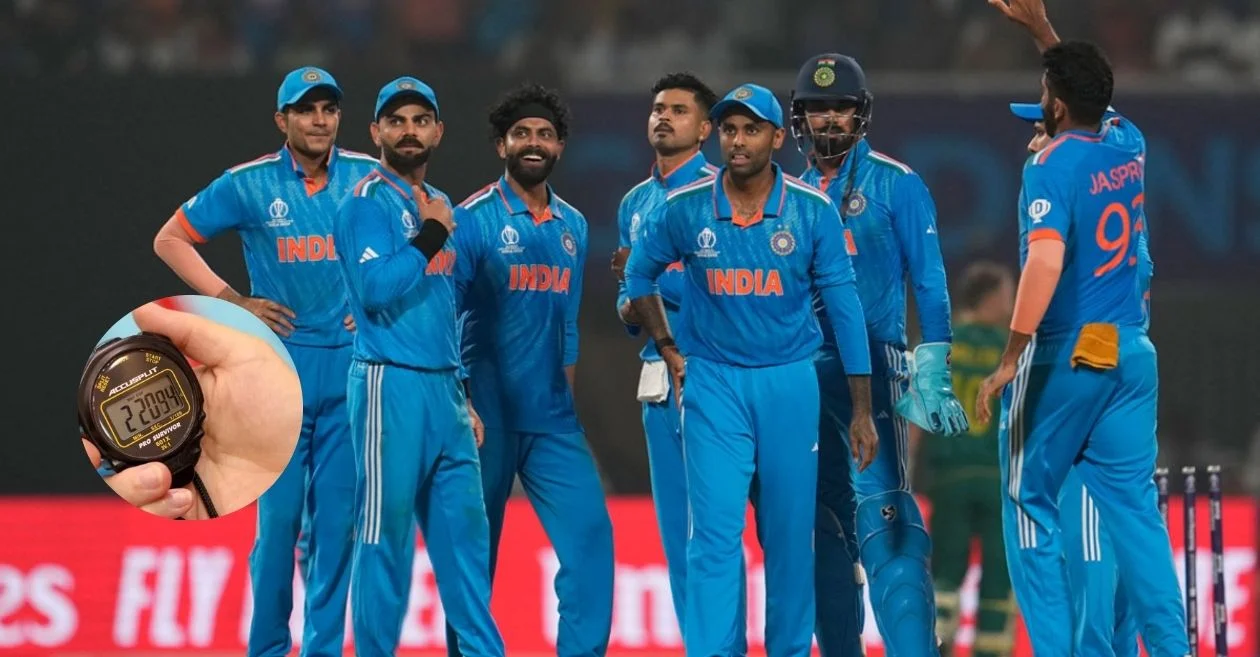Table of Contents
The International Cricket Council (ICC) has given the green light for the incorporation of the stop clock rule into white-ball cricket, marking a significant step towards ensuring the timely completion of matches. The decision, made at the ongoing ICC meetings in Dubai, comes just in time for its application during the upcoming T20 World Cup in June.
Trial success leads to permanent option
Introduced on a trial basis in December of the previous year, the stop clock rule has been deemed successful in its aim to maintain the pace of the game. Consequently, it will not only be adopted for T20 Internationals but also extended to all white-ball cricket, including One-Day Internationals (ODIs).
Key features of the rule
The crux of the stop clock rule revolves around a 60-second timer displayed between overs. Fielding teams are required to commence the subsequent over before the countdown reaches zero. Failure to do so incurs penalties, with umpires overseeing the enforcement of the rule.
Also WATCH: Excitement builds as ICC unveils promo for T20 World Cup 2024 featuring Shubman Gill and Shaheen Afridi among others
Enforcement and penalties
The responsibility for enforcing the stop clock rule lies with the on-field umpires, who will issue warnings for breaches before imposing penalties. Upon the third offense or each subsequent violation, a five-run penalty will be applied to the fielding side. Umpires retain the discretion to discern delays caused by batsmen, DRS calls, or any unforeseen circumstances.
Path to permanence
Having undergone trial since December 2023, the stop clock rule’s success has prompted the ICC and its cricket committee to advocate for its permanent adoption. With approval secured, it will now be universally applied across all ICC white-ball matches.
